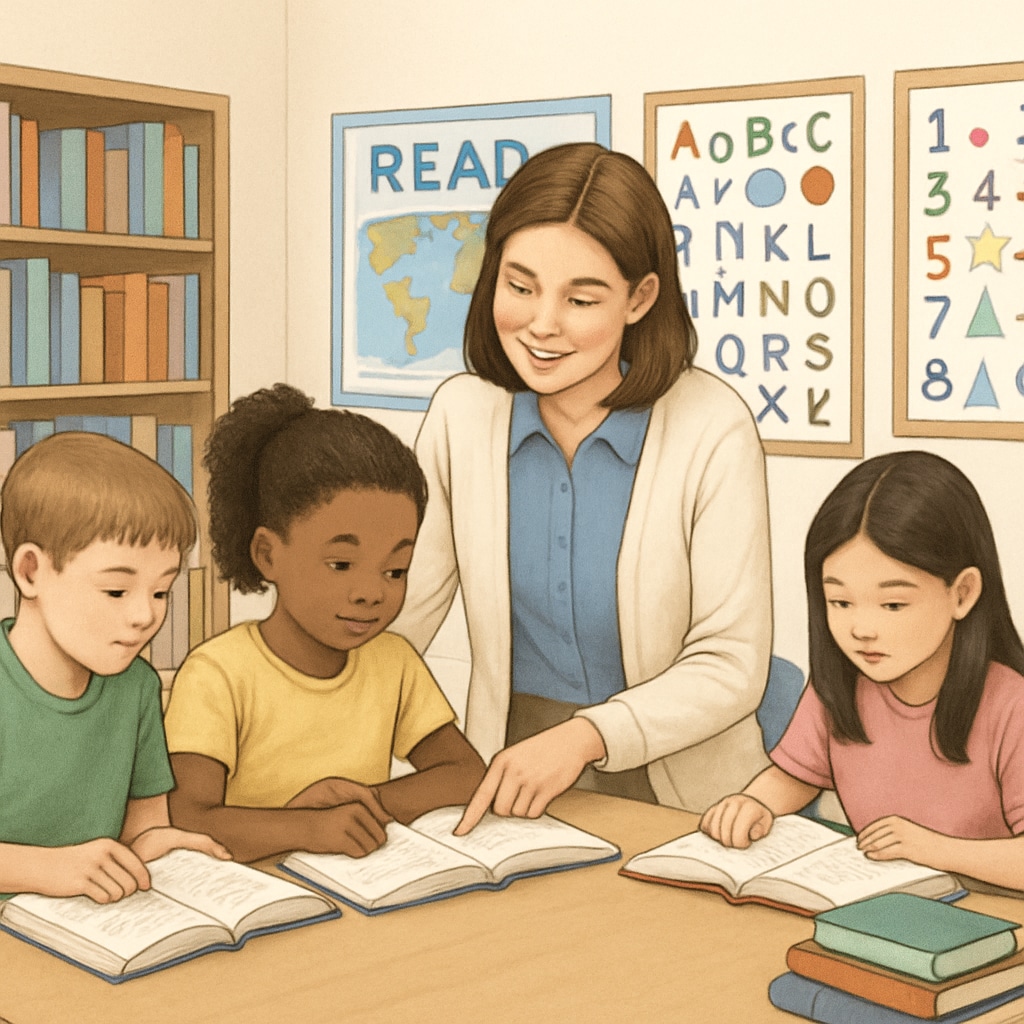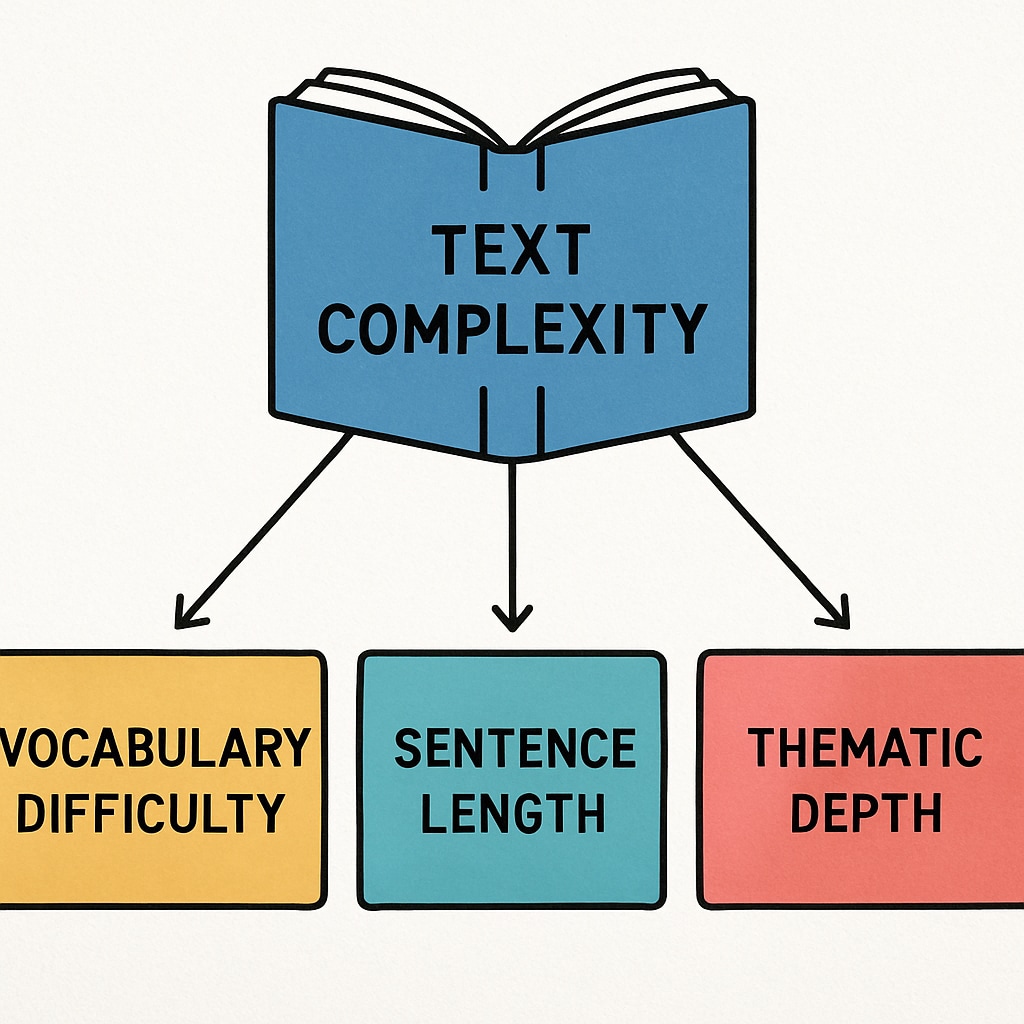Reading comprehension is a cornerstone of education, shaping students’ ability to engage with the world around them. However, aligning reading materials with students’ skills can be challenging. This is where the expertise of teachers becomes invaluable. A new research project invites K12 educators to serve as teacher volunteers in evaluating text complexity, leveraging their insights to refine reading material classifications and ensure a better match between student abilities and instructional content.

Why Teacher Expertise Matters in Text Complexity Evaluation
Teachers interact with students daily, witnessing firsthand their struggles and successes in reading. This unique perspective allows educators to assess not just the surface-level aspects of texts but also the nuanced challenges they may pose for young readers. By participating in this research project, teachers contribute to creating more accurate and effective tools for evaluating text complexity, ensuring that reading materials are both challenging and accessible.
Text complexity involves various factors, including vocabulary, sentence structure, and thematic elements. For example, a text might use simple language but touch on abstract or mature themes, making it unsuitable for certain age groups. Teachers, with their on-the-ground experience, can provide critical insights into these subtleties, which algorithms and automated systems often overlook.
Benefits of Participating as a Teacher Volunteer
Becoming a part of this research initiative offers multiple benefits for educators:
- Professional development: Gain deeper insights into how text complexity is evaluated and how it impacts learning outcomes.
- Impactful contribution: Help shape the future of reading education by improving the alignment of instructional materials with students’ needs.
- Networking opportunities: Collaborate with researchers and fellow educators who share a passion for literacy development.
Moreover, participating teachers will have the opportunity to share their findings and experiences, fostering a community of practice dedicated to advancing reading comprehension.

How This Research Project Supports Students
Accurate text complexity evaluations directly impact students’ learning experiences. When reading materials are appropriately leveled, students are more likely to engage with the content, build confidence, and develop critical thinking skills. Conversely, mismatched materials—too easy or too difficult—can lead to frustration or disinterest, hindering progress in reading comprehension.
By integrating teacher insights into the evaluation process, this project aims to create a system that better reflects the diverse needs of learners. For example:
- Students struggling with reading can receive materials that build foundational skills without feeling overwhelming.
- Advanced readers can be challenged with texts that stimulate higher-order thinking.
As a result, this initiative not only enhances individual learning outcomes but also contributes to a more equitable educational landscape.
How to Get Involved
Interested in making a difference? Joining this research project is simple. Teachers can sign up through the program’s official website, where they will receive detailed instructions on how to participate. The process includes reviewing sample texts, providing feedback on complexity levels, and sharing observations about their students’ interactions with similar texts.
For more information on text complexity and its importance in education, you can explore resources like the Reading Comprehension page on Wikipedia or the Reading Comprehension entry on Britannica.
By volunteering, you become part of a movement to enhance literacy education and empower the next generation of readers.
Conclusion: Teachers are not just educators; they are essential collaborators in shaping the future of learning. This research project offers an opportunity to harness their expertise for the benefit of students and the broader educational community. Join us in building a bridge to better reading education!


